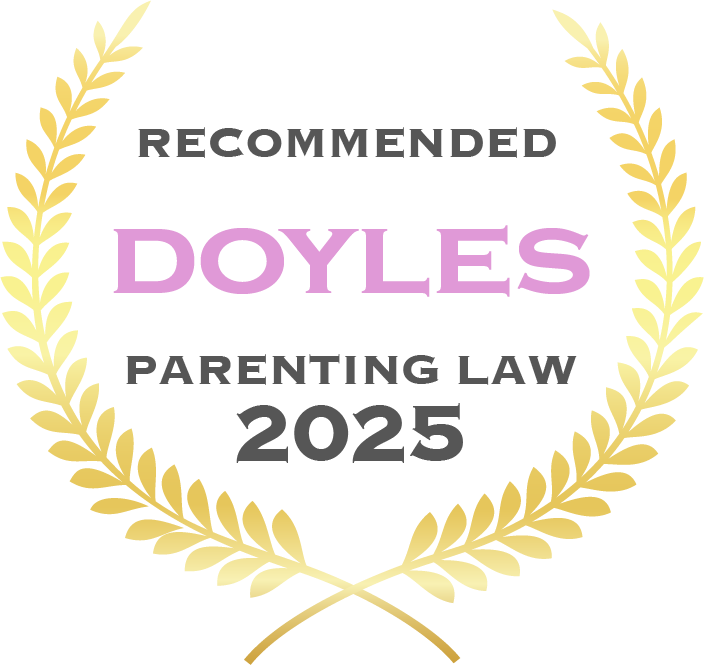
Lawyers for Coercive Control & Domestic Violence
What is Coercive Control?
Coercive control is a pervasive form of domestic abuse that involves psychological and emotional tactics aimed at diminishing a victim’s independence, sense of self, and overall worth. It often manifests as a pattern of behaviours designed to dominate and manipulate the victim. Our team of dedicated Adelaide criminal lawyers specialise in defending individuals who are accused committing acts of domestic violence including coercive control in South Australia.
Examples of Coercive Control
- Restricting or interfering with your ability to see friends and family.
- Monitoring your movements and demanding to know your whereabouts or activities at all times.
- Dictating what you can wear or where you are allowed to go.
- Controlling your finances or deciding where you can work.
- Accessing or monitoring your phone, computer, or social media without permission.
- Preventing you from practising your faith or spirituality in your preferred way.
- Creating an environment where you feel watched or unable to be yourself out of fear of punishment.
- Pressuring or forcing you to engage in activities you’re uncomfortable with, including sexual or private acts.
Although coercive control often leads to profound harm - such as isolation, degradation, and a loss of personal freedom - victims may downplay the severity of their experiences. This minimisation often occurs because coercive control does not always involve physical or sexual violence, making individuals less likely to seek help or recognise the abuse.
Under South Australian law, there is currently no offence encapsulating coercive control. Other States and Territories of Australia have criminalised such behaviour. The Criminal Law Consolidation (Coercive Control) Amendment Bill 2024 has recently been tabled before Parliament of South Australia for the second reading.
Helpful Questions & Answers
Heading 1
Heading 2
Heading 3
Heading 4
Heading 5
Heading 6
Lorem ipsum dolor sit amet, consectetur adipiscing elit, sed do eiusmod tempor incididunt ut labore et dolore magna aliqua. Ut enim ad minim veniam, quis nostrud exercitation ullamco laboris nisi ut aliquip ex ea commodo consequat. Duis aute irure dolor in reprehenderit in voluptate velit esse cillum dolore eu fugiat nulla pariatur.
Block quote
Ordered list
- Item 1
- Item 2
- Item 3
Unordered list
- Item A
- Item B
- Item C
Bold text
Emphasis
Superscript
Subscript
Criminal Law Consolidation (Coercive Control) Amendment Bill 2024
The Criminal Law Consolidation (Coercive Control) Amendment Bill 2024 introduces a new offence under the Criminal Law Consolidation Act 1935 for coercive control in relationships, with a maximum penalty of seven years’ imprisonment. The offence acknowledges coercive control as a deliberate and abusive strategy to dominate another person, officially recognising these behaviours within the criminal justice system as the offence of coercive control.
What are the Elements of Coercive Control
- Course of Conduct: The defendant engages in a pattern of behaviour that has, or a reasonable person would deem likely to have, a controlling impact on another person.
- Intent: The defendant intends for this behaviour to have a controlling impact.
- Relationship Requirement: The defendant and the victim are or were in a relationship, such as being married, engaged, domestic partners, or in another intimate relationship.
- Harm Likelihood: A reasonable person would consider the behaviour likely to cause harm, including physical or psychological harm, serious distress, anxiety, or fear.
The central aspect of this offence is a sustained course of conduct that restricts a victim’s freedom - whether of movement, action, bodily autonomy, or participation in social, political, religious, cultural, educational, or economic activities.
Course of Conduct and Harm
Under the Criminal Law Consolidation (Coercive Control) Amendment Bill 2024, the offence is characterised by repeated behaviour occurring with continuity and a controlling purpose. This does not require daily acts or consistent levels of harm, but it must involve more than a few isolated incidents. The behaviour must be likely to cause harm, including serious psychological distress.
Defence of Reasonableness
The Criminal Law Consolidation (Coercive Control) Amendment Bill 2024 provides a defence if the course of conduct was reasonable under the circumstances. This accommodates exceptional situations, such as:
- Restricting a partner’s access to the home for safety.
- Limiting contact with children to protect them from harm.
- Controlling access to finances to prevent excessive spending on harmful activities like gambling, drugs, or alcohol.
The burden of proving reasonableness lies with the defendant. Once the prosecution establishes that the defendant engaged in controlling behaviour likely to cause harm, the defendant must justify their actions on the balance of probabilities.
What is the Penalty for Coercive Control?
The offence applies to all intimate relationships, past or present, including married or engaged couples, domestic partners, or other intimate partnerships.
A maximum penalty of seven years’ imprisonment underscores the seriousness of the offence, classifying it as a major indictable offence.
A charge of coercive control will initially be heard in the Magistrates Court before ultimately being committed to the District Court of South Australia.
What Does the Court Consider in Sentencing of Coercive Control?
Sentencing Considerations
When sentencing for coercive control, the court must:
- Assess the general nature of the proven behaviour.
- Take into account the impact on any child who witnessed or was affected by the behaviour.
Overlapping Conduct
The bill also allows overlapping conduct to serve as evidence for both the standalone offence (such as assault for example) and the course of conduct constituting coercive control. That being the case, convictions for both offences can occur in the same or separate proceedings, ensuring comprehensive accountability for harmful actions.
Whilst the Criminal Law Consolidation (Coercive Control) Amendment Bill 2024 has not law been enacted into legislation; various other mechanisms exist to provide protection to victims of such behaviour. See our Intervention Orders page for more information. The Criminal Law Consolidation (Coercive Control) Amendment Bill 2024 is likely to become legislation during 2025. If you are concerned that you may be the victim of coercive control or have been charged with any offence relating to coercive control it is important to speak with one our specialised criminal lawyers.
27
Combined Years Of Experience
Awards & Affiliations







.png)




.png)


.png)


.png)




